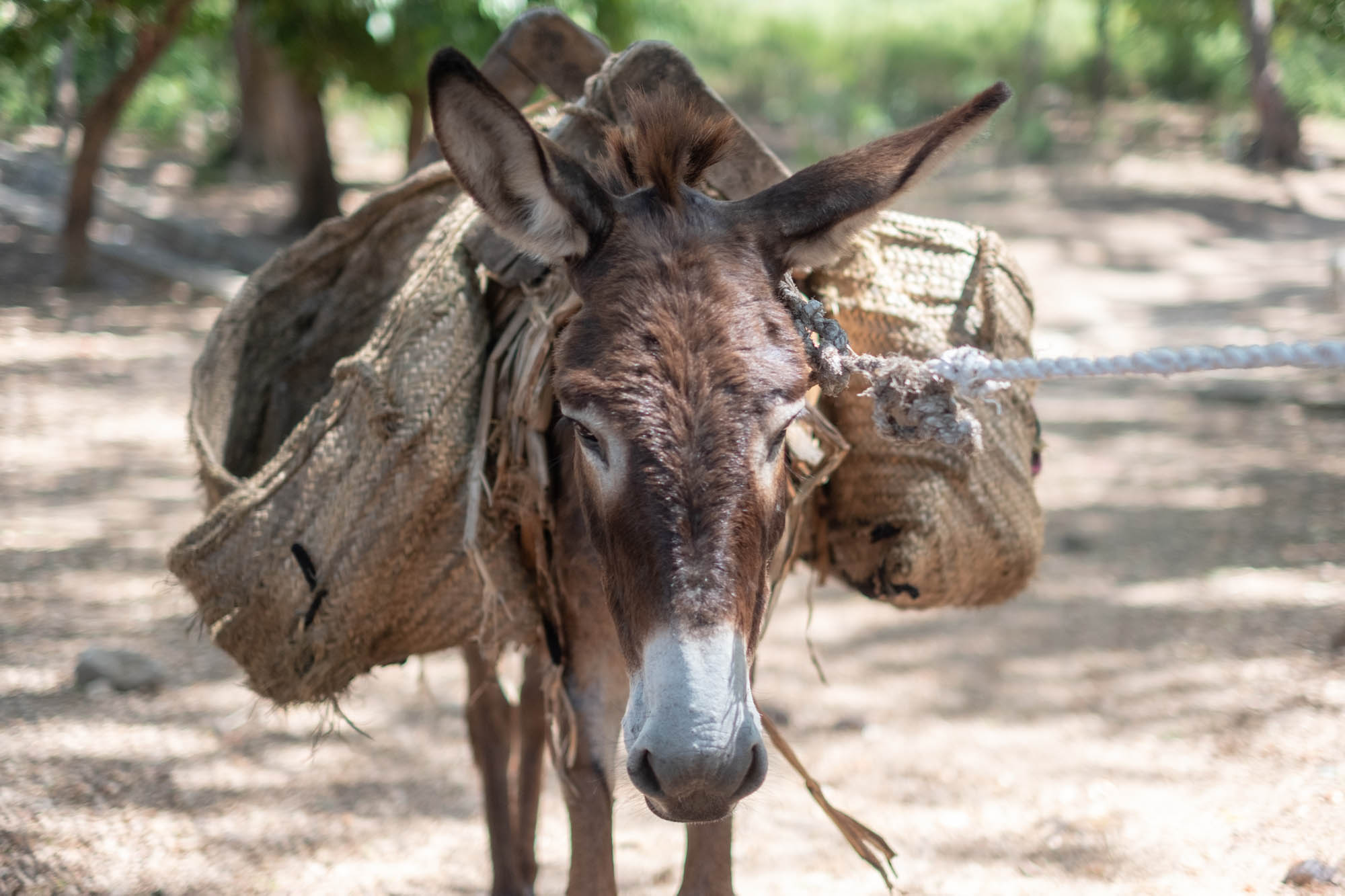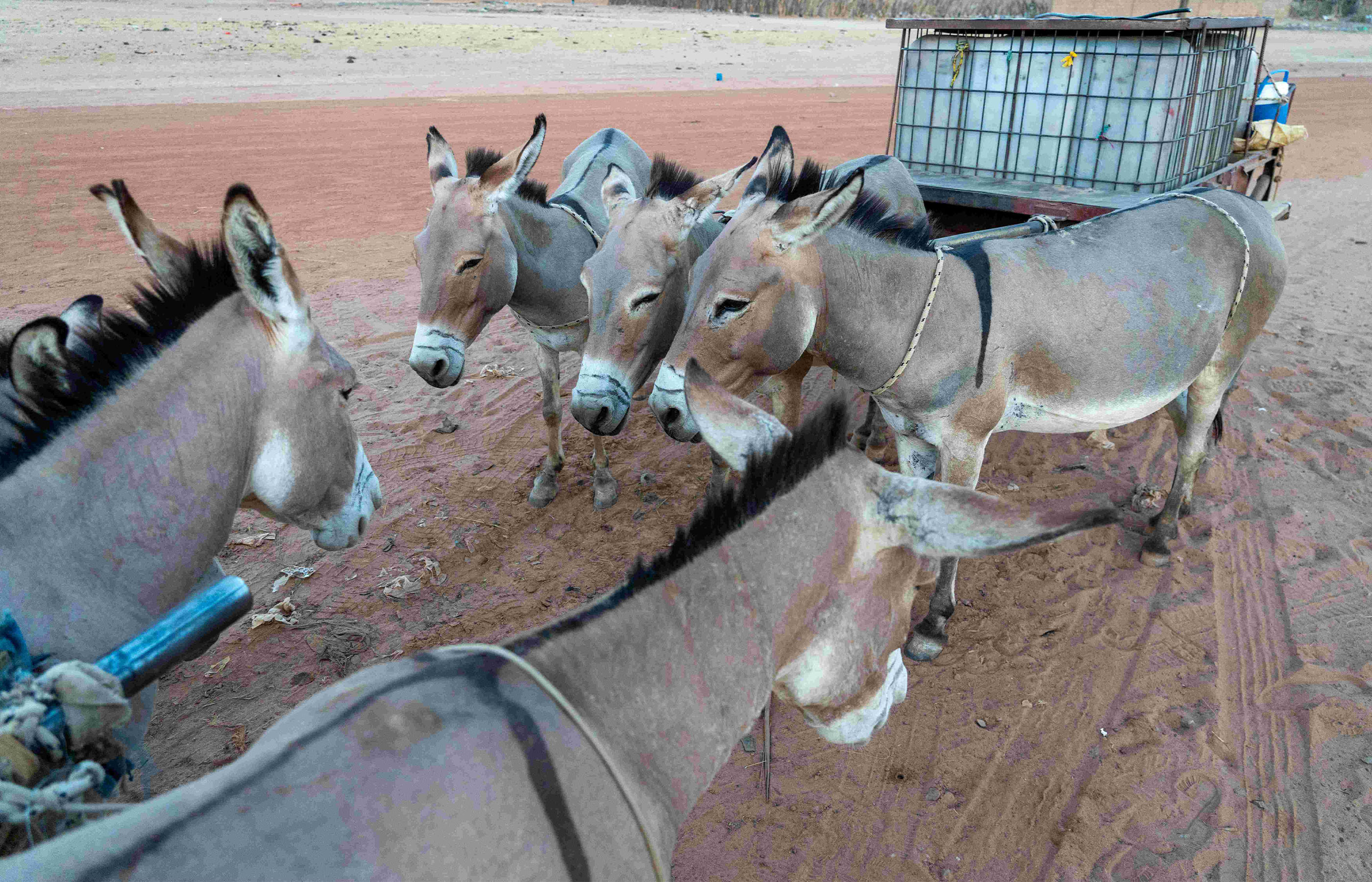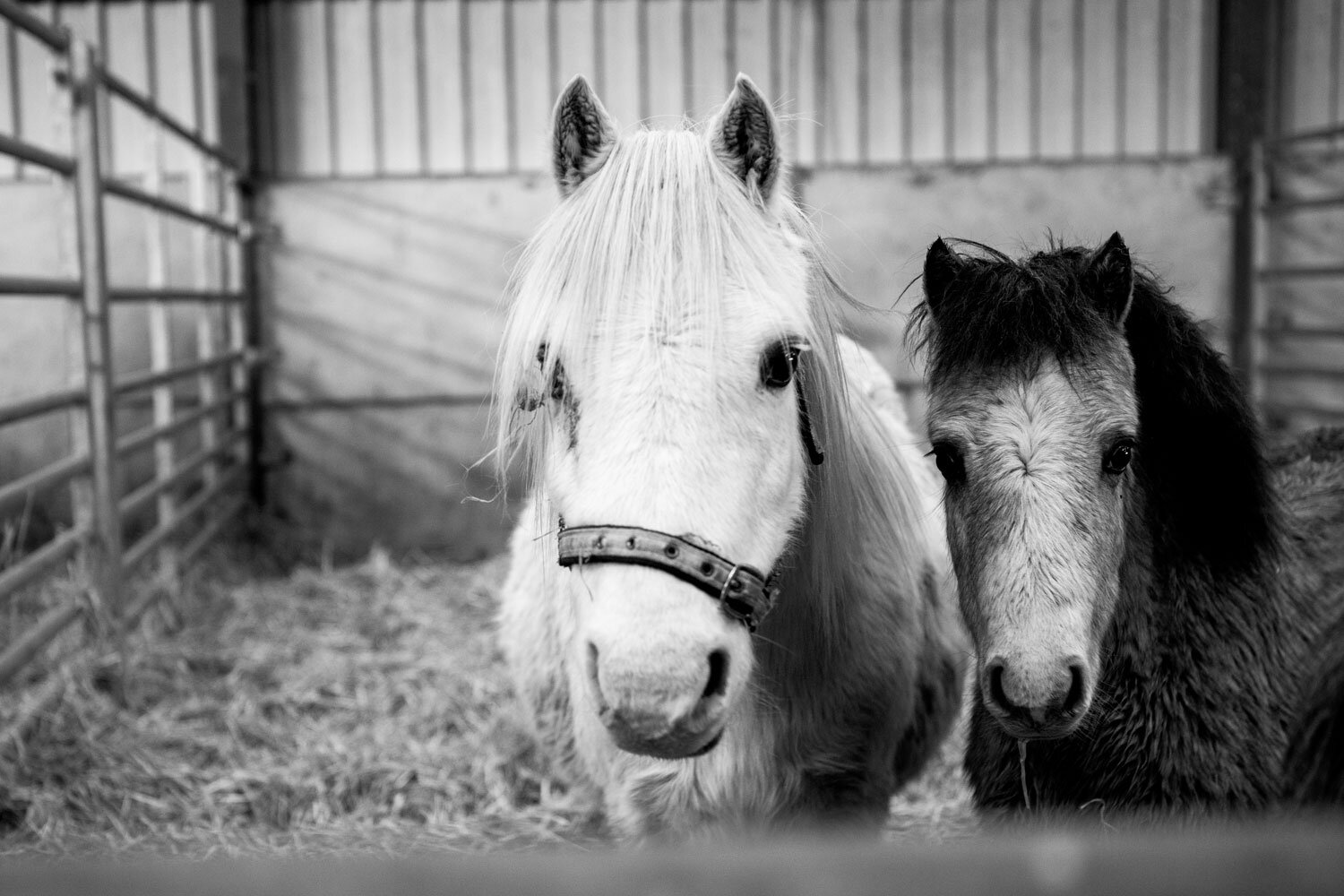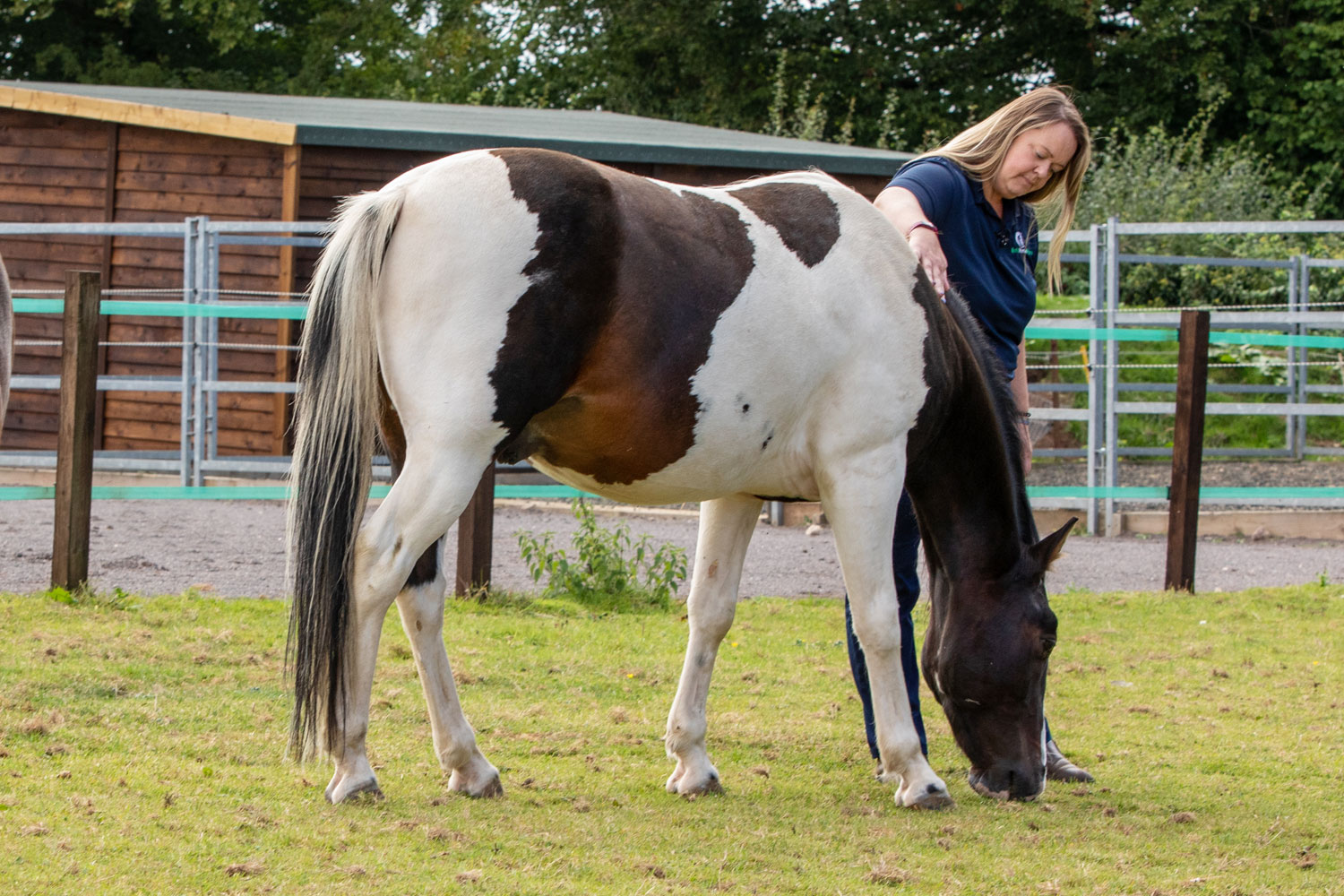Equine charities speak up for working animals at Africa Regional Forum on Sustainable Development
The International Coalition for Working Equids (ICWE) hosted an event at the United Nations Africa Regional Forum on Sustainable Development.
Posted on 05/03/2020

The International Coalition for Working Equids (ICWE) hosted an event at the United Nations Africa Regional Forum on Sustainable Development (ARFSD) in Zimbabwe last week. The event, co-chaired by the Deputy Ambassador of the Mission of Senegal to the United Nations H.E Abdoulaye Barro and Fred Ochieng, Regional Director of Brooke East Africa, highlighted the role working livestock, including donkeys, horses and mules play in helping deliver the Sustainable Development Goals (SDGs).
ICWE members Brooke, The Donkey Sanctuary, SPANA and World Horse Welfare all work in rural communities and have witnessed first-hand that improving the health and welfare of working animals has a direct impact on livelihoods. Representatives from ICWE member organisations and partners talked about the contribution of working animals to poverty reduction, providing access to water, supporting women in rural areas and mitigating against climate change.
Herminah Simoyi, Humane Education Officer at SPANA said:
“Animal welfare is inextricably linked to global health. We have seen the impact of equine respiratory outbreaks in West Africa, or the consequences of rabies outbreaks in vulnerable communities. Veterinary professionals without comprehensive training are poorly equipped to cope with outbreaks of disease that can significantly impact human and animal health.”
Rouguiatou Ka from Brooke West Africa gave a first-hand account of how working horses, donkeys and mules contribute to poverty reduction:
“In my country, Senegal, the absence of an equine animal would result in a 45% reduction in millet production and a 78% reduction in groundnut production.”
Concluding the event, Ambassador Barro called on all present to work towards a world where nothing and no one is left out of discussions on sustainable development.
ICWE believe the SDGs require simple and cost-effective solutions that will benefit the poorest and most vulnerable people in society.
Ian Cawsey, ICWE Chair and Director of Advocacy at The Donkey Sanctuary, said:
“Our presentation to the ARFSD comes at a crucial time for us as we ensure the key role working donkeys, horses and mules play in a sustainable planet is understood and acknowledged.
Across Africa, families and communities are dependent on their working animals. We know that well cared for donkeys, horses and mules will not only help them have a sustainable future but will help deliver better livelihoods, less hunger, more access to clean water and build the means to get more children into education and more empowerment for women.”
ICWE aims to help implement the OIE (World Organisation for Animal Health) chapter on the welfare of working equids, as well as encourage ongoing improvements to welfare for working equids across the globe. It formed as a coalition to improve communications with the OIE and other international organisations.
Topics
Related News

Calling for urgent action to protect Africa’s donkey population
Calling on Africa's member states to move from 'vision to action' to protect donkey populations across the continent, at the 92nd WOAH General session in Paris

UK equine charities deliver training in Brazil to government officials from across the Americas
International Coalition for Working Equids charities deliver training at OIE seminar.
Recommended Blog Posts

Why do horses come into our care? Is that the only successful outcome of a case?
Chief Field Officer Claire Gordon explains how horses and ponies can come into our care for all kinds of reasons and from all kinds of situations.

Putting on a practical training workshop in Lesotho
International Programme Officer Vicki Newton explains what goes into planning a practical training workshop.

End of life: a decision most horse owners dread, but how do you prepare for it?
Field Officer Penny Baker shares her thoughts on how horse owners can prepare for the decision nobody wants to have to make.
Enjoy reading stories like this?
Join over 65,000 other horse lovers and sign up for our email newsletter

Join over 65,000 other horse lovers and sign up for our email newsletter
Sign me up now